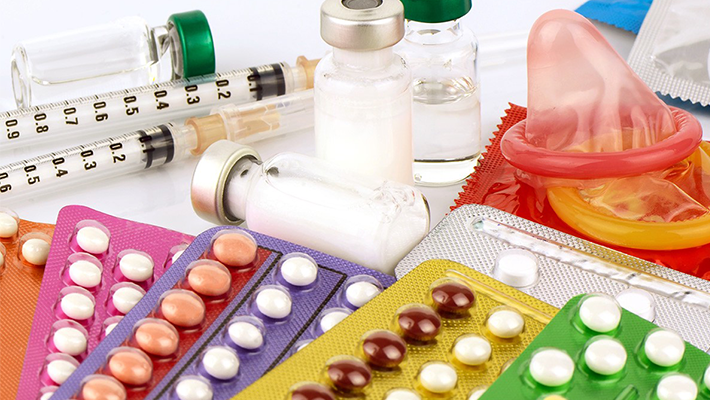Stakeholders have called for urgent investment in Sexual and Reproductive Health and Rights (SRHR) in Nigeria to avoid the risk of jeopardising the future of youths.
This stark warning emerged from the National Policy Dialogue on Improving Adolescent Access to Sexual and Reproductive Health Services, held on Thursday in Abuja.
The event brought together experts, advocates, and policymakers to address persistent gaps in adolescent reproductive health across Nigeria, including low contraceptive uptake and limited access to youth-friendly services.
Hosted by Nigeria Health Watch and its partners, the event focused on “Closing Reproductive Health Impact Gaps: Strategic Approaches for Equity and Access.”
Experts, advocates, and policymakers convened to tackle persistent disparities in adolescent reproductive health outcomes in Nigeria, including low contraceptive uptake and limited access to youth-friendly services.
Panellists, while noting the inconsistent outcomes of national investment, emphasised the urgency of evidence-based, high-impact interventions, youth-led design processes, and more strategic funding at both national and sub-national levels.
Read Also: Lagos Health District V strengthens community ties to improve primary healthcare
Africa Access Lead at global pharmaceutical company Organon, Ms Mashishi Mokgadi, illustrated this reality through a sobering scenario: Lucy, a 15-year-old, becomes pregnant due to lack of contraceptive access.
She drops out of school and is forced into early marriage. Though hypothetical, Lucy’s story reflects the experiences of thousands of real lives.
“It affects every sustainable development goal,” Mokgadi said, noting the impact on education, gender equality, and economic growth.
SRHR experts speak
Organon, through the FP2030 initiative, has already surpassed 55% of its goal to prevent 120 million unintended pregnancies. Mokgadi called on African leaders to fund family planning and remove legal barriers to adolescent SRHR access.
Dr Fatima Bunza of Tiko Nigeria highlighted a culturally sensitive “ecosystem model” that connects youth with trusted health providers through both digital and offline tools, including “eco-cards” for areas with limited smartphone use.
Peace Umanah of IYAFP emphasised storytelling as a tool for advocacy, stating, “We must tell real Nigerian stories—stories that move funders and resonate with young people.”
Margaret Bolaji of FP2030 showcased privacy-preserving tools like HPV self-sampling and discreet STI test kits (“Lemon kits”) now available at pharmacies.
Healthtracka’s Testimony Adeyemi introduced Lola AI, a WhatsApp-based chatbot offering friendly, accurate SRHR information. “Girls want safe, private spaces to learn—Lola provides that,” she explained, citing ongoing issues with shame and misinformation.
A Unified Call
Speakers called for cross-sector collaboration—from health to education to finance—to secure adolescent girls’ right to reproductive health.
However, the message echoed, “Normalise youth access to reproductive health services—through dignity, data, and design.”



